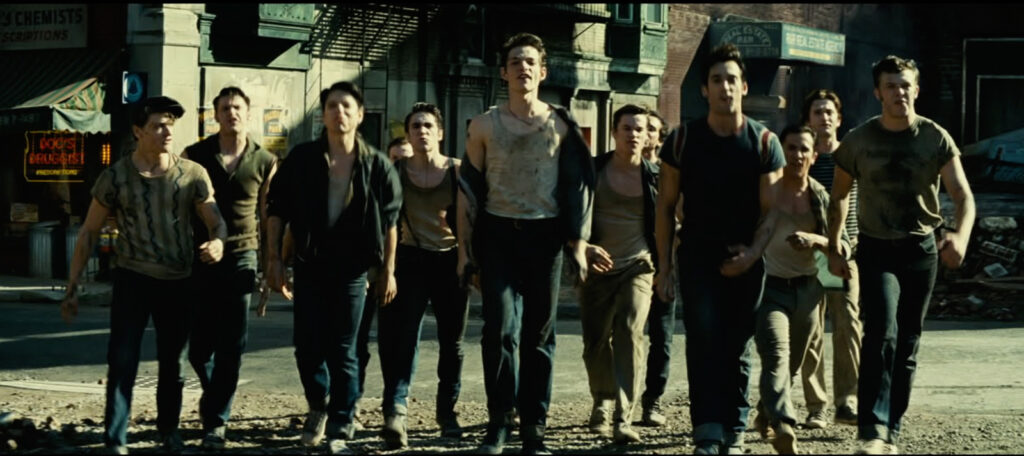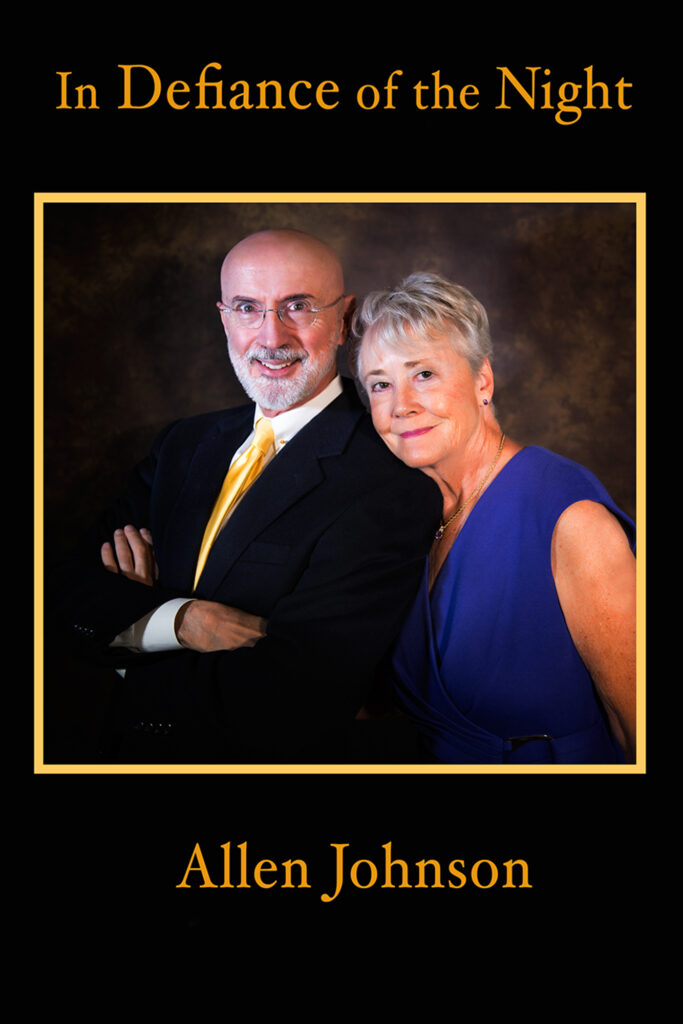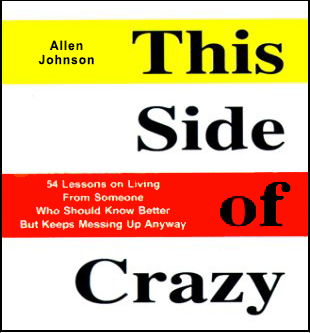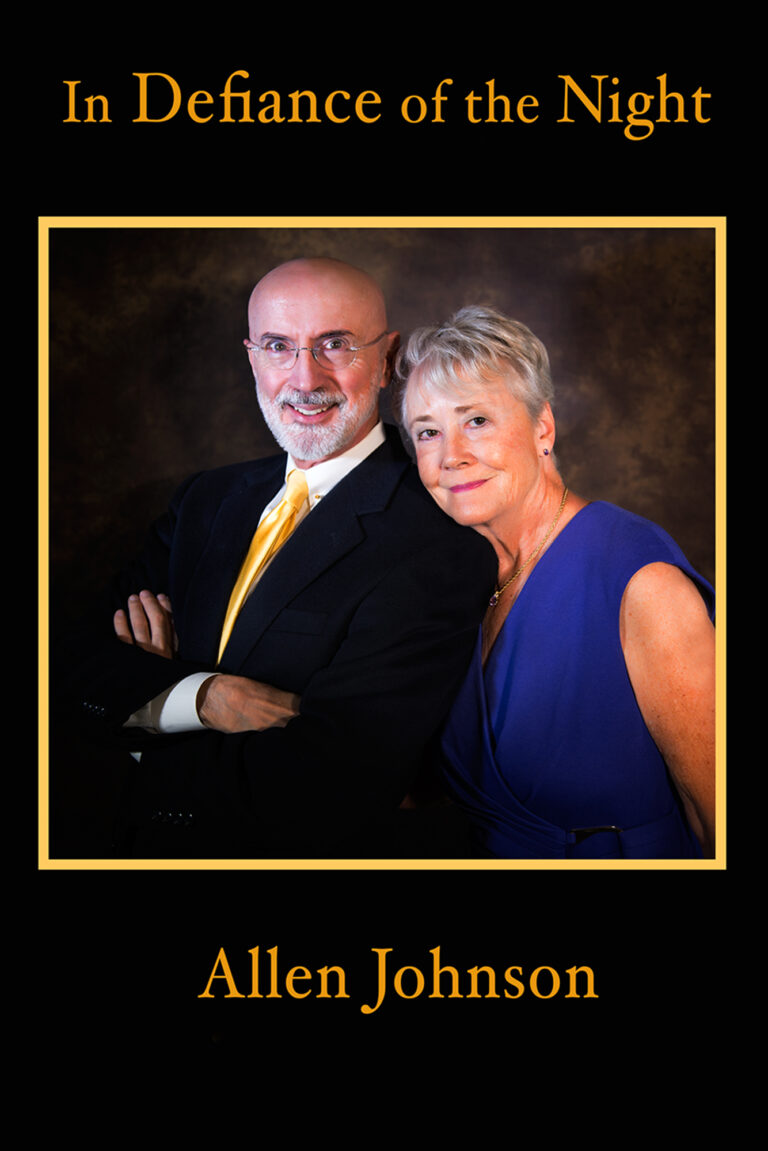You can’t think about death and dying all the time—not if you seek a shred of physical and emotional health. From the beginning of recorded time, philosophers have argued we become what we think. I agree. The synapses in our brains become hardwired when thoughts—negative or positive—are repeated often enough.
That may have been the reason I invited Nita to watch the 2021 version of The West Side Story as directed by Steven Spielberg. It was time to feed my brain with something other than images of creeping tentacles of cancer.
We snuggled side by side and started the film. From the first note, the first images of the Jets and Sharks strutting down the battered streets of New York City, I was captured. Having played a Jet in a community production of the musical, I snapped my fingers and sang along to “Jet Song.”

“When you’re a Jet,
You’re a Jet all the way
From your first cigarette
To your last dyin’ day.”
My blood rushed in and out of my heart. When they sang, I sang. When they danced, I danced. I was in the moment.
When Tony sang “Maria,” I started to tear.
When Maria stepped onto the fire escape, my lower lip trembled. I was a goner.

As Tony scaled the fire escape, his gaze on his lovely Maria, I could feel his longing, his heartbeats, his hands clutching the iron guardrails. And when they confessed their love one for the other and sang “Tonight,” my chest began to heave.
“Tonight, tonight
The world is full of light
With suns and moons all over the place.”
I tried to hide or at least dampen my emotion. But my heart and soul would have none of it. A tidal wave of passion overtook me. I was sobbing as never before, my chest racked with contractions. Nita stopped the movie, rounded the bed, and took me into her arms.
“Honey, are you all right?” she asked.
“It’s….” That’s all I could get out. I was sweating from my chest, my arms, my forehead. Feeling hot all over, I stripped back the bedding. I concentrated on my breathing. Finally, I said, “It’s…so… beautiful.”
And it was—in all ways: the swelling score, the magical lyric, the characters’ first touch, first kiss.
But there was something more. Though I wanted to step out of my own skin for two hours, the movie sucked me in again. I flashed on my entire life. Suddenly, much of it seemed pathetically shallow: my capped teeth, my shaved head, my crazed itch to be more debonair and less bumbling. Then, as my mind reshuffled, I realized all that was trivial, that the only thing that counted was love.
As I pressed Nita against my chest, I was thrown back to 1968. I was once again on the stairwell that led to her apartment, one hand at the base of her neck, the other at the small of her back. We were barely out of our teens, and, my god, she felt good. Now, a half century later, how perfectly at home she seemed—her slight, delicate body enfolded in my arms. Yes, I cried for the sake of art and beauty, but mostly, I cried for the sweet tenderness of everlasting love.



